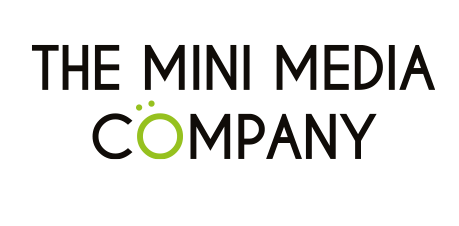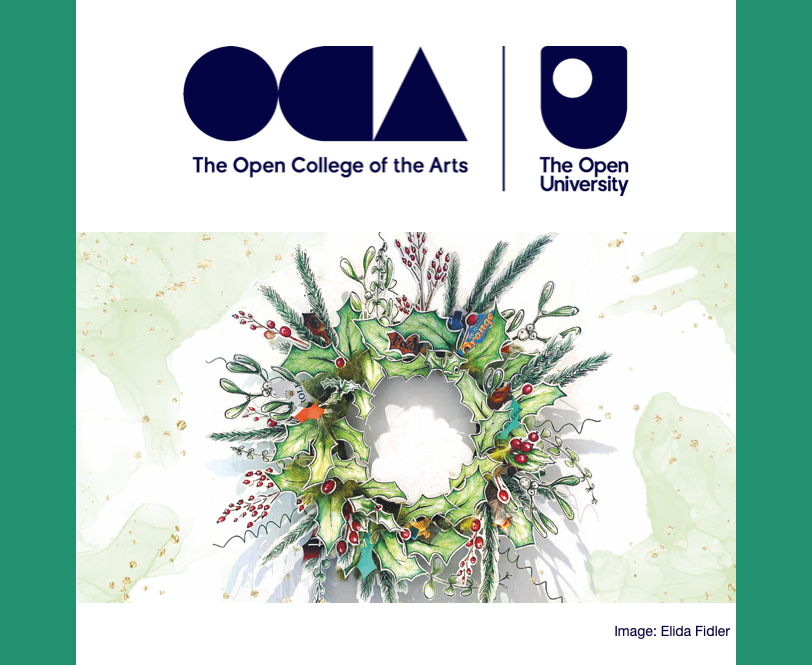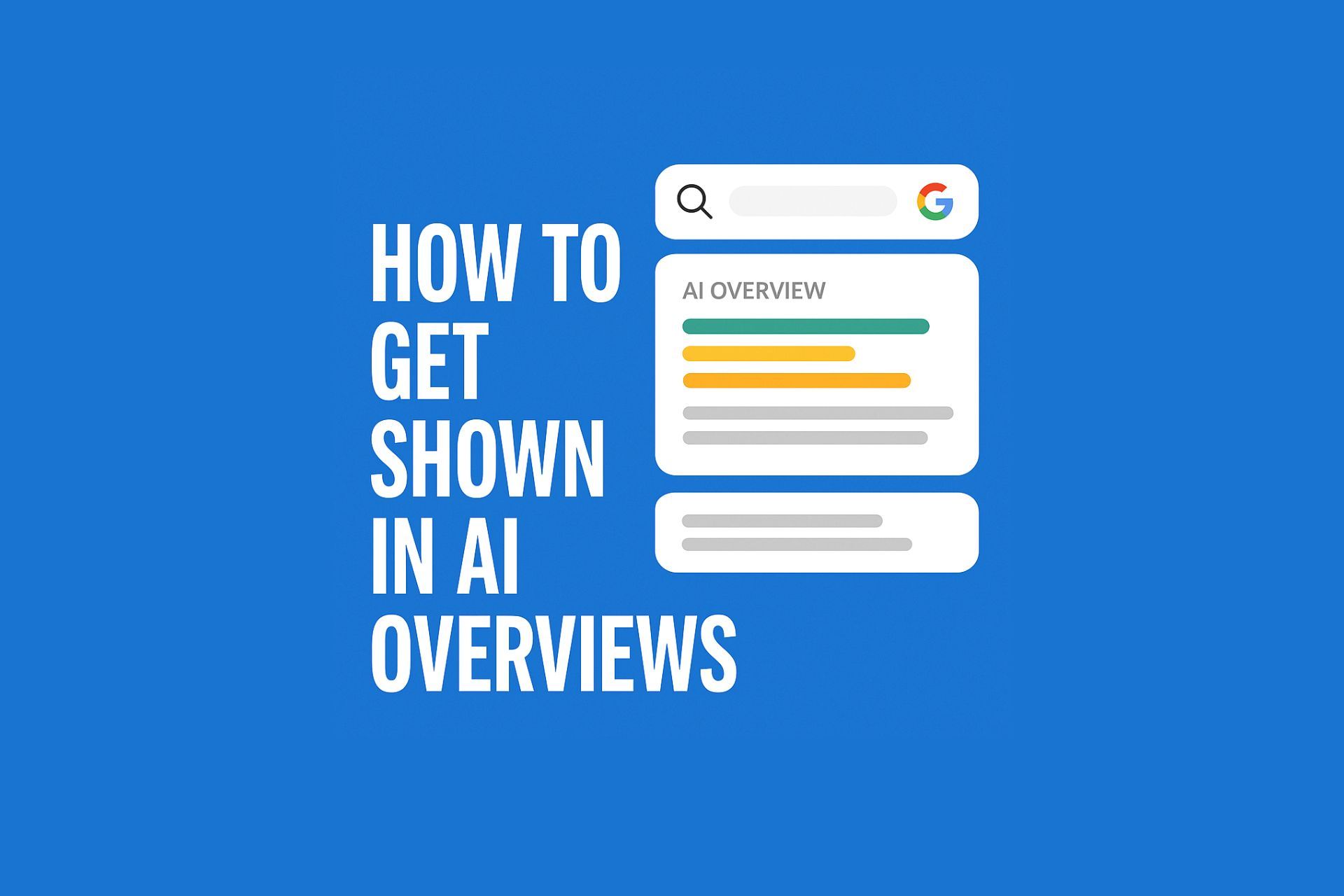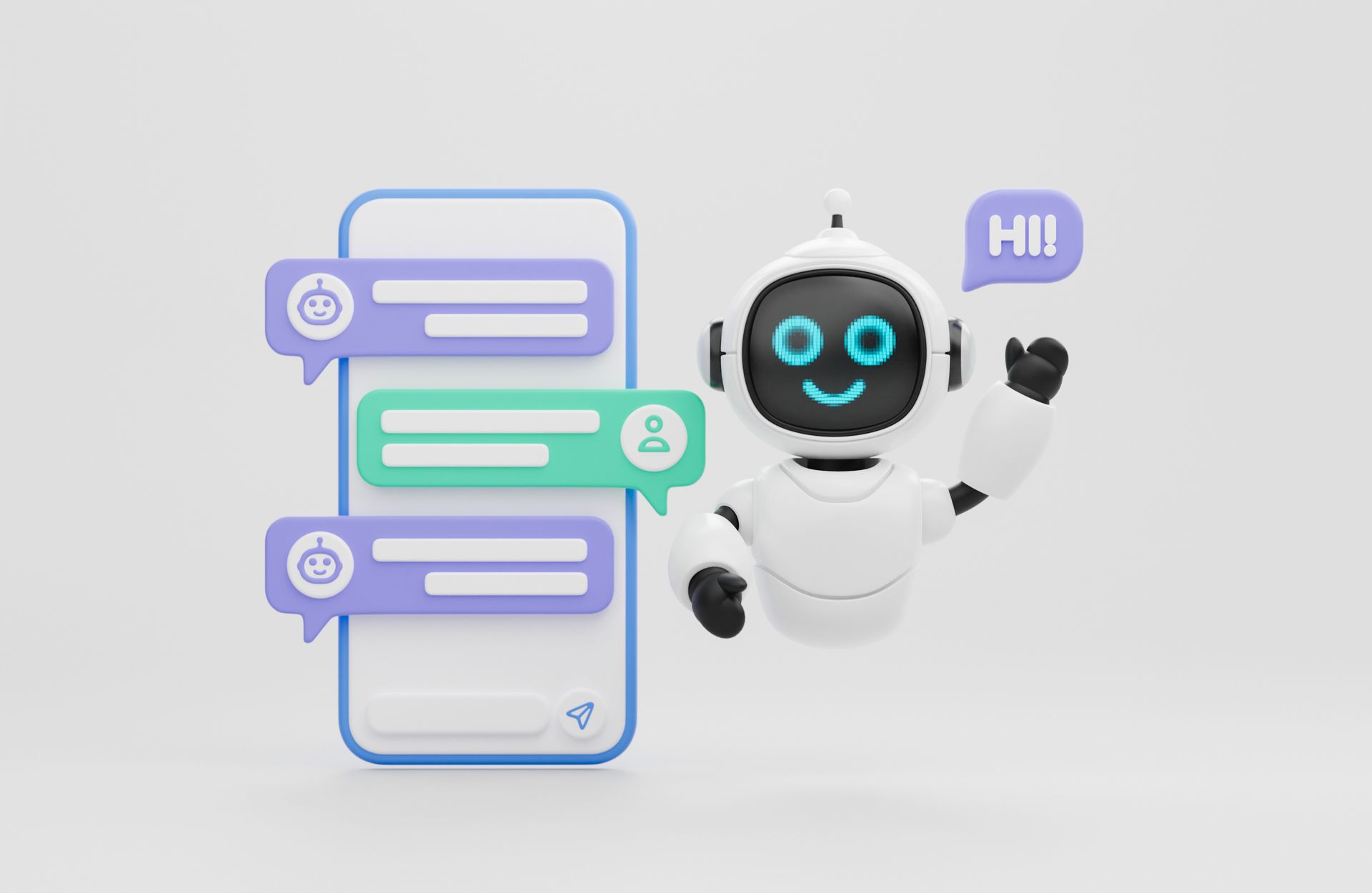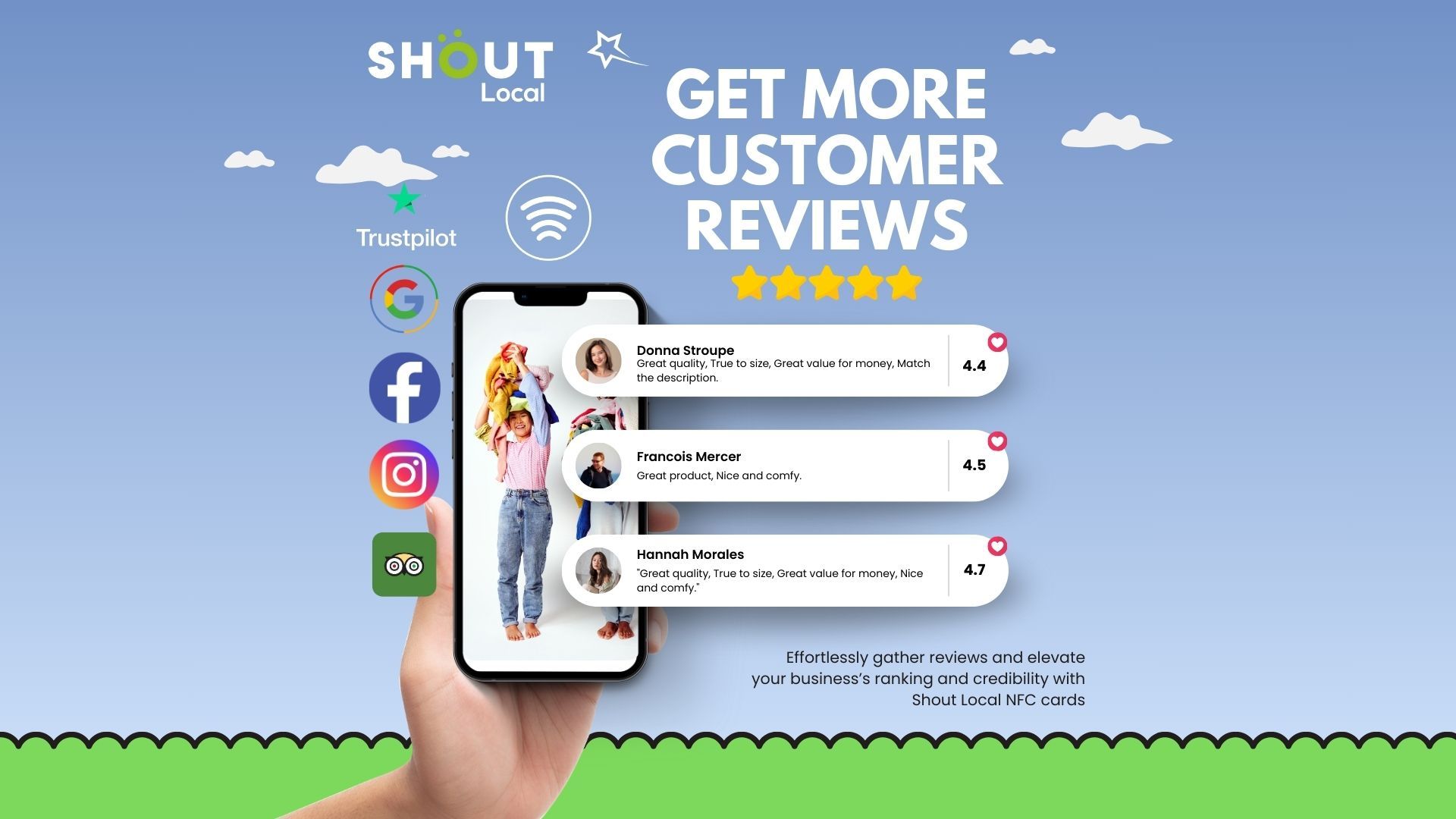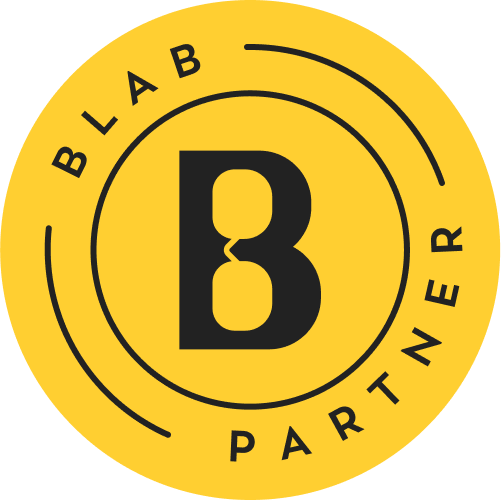Semantic SEO, E-E-A-T & AI: How We Future-Proof Local SEO for Small Businesses
Semantic SEO, E-E-A-T & AI: Why Local SEO Is Evolving—and What Your Business Needs to Know
Search is changing. Whether it’s Google’s AI Overviews, voice assistants, or chatbots powered by LLMs (Large Language Models), users now get summarised answers, not just links.
For small businesses, this shift brings both opportunities and risks.
To stay ahead, your local SEO strategy must go beyond keywords.
It must focus on
semantic SEO,
E-E-A-T, and
technical readiness—including the use of the new
llms.txt
file.
What Is Semantic SEO?
Semantic SEO is all about writing content that reflects the meaning and intent behind a user’s search—not just the literal keywords they type. It includes:
- Related concepts and phrases
- Natural language and questions
- Internal links that show topic depth
- Structured data like FAQ and service schema
This is the type of content search engines—and now, AI systems like ChatGPT and Google Gemini—understand and surface.
Where E-E-A-T Fits In
Search engines now evaluate content using E-E-A-T:
- Experience: First-hand knowledge or use (e.g. reviews, case studies)
- Expertise: Subject-specific insight or qualifications
- Authoritativeness: Recognition from other sites, backlinks, citations
- Trustworthiness: Secure, accurate, up-to-date, and transparent content
For small businesses, demonstrating E-E-A-T can mean the difference between ranking locally—or being ignored in favour of competitors who appear more credible.
Example: A local plumber who adds testimonials, staff bios, and detailed service FAQs is showing experience, expertise, and trust—perfect for semantic SEO and E-E-A-T.
Enter AI Search: The Game-Changer
AI-powered search changes how users discover businesses. Instead of typing "electrician in Stratford-upon-Avon," they might ask, “Who’s the most reliable electrician nearby for urgent repairs?”
Search engines now use LLMs to summarise answers. This means your content might be:
- Featured as part of the AI's answer
- Summarised but not credited
- Skipped altogether if it lacks clarity or trust signals
How Our Agency Uses
llms.txt
to Keep You in the Game
To future-proof your site for AI search, our agency now implements
llms.txt
files—a new standard supported by a select amount of platforms.
What Is
llms.txt
?
It’s a simple file placed on your website that tells
AI systems and LLMs how they can use your content—similar to how
robots.txt
tells crawlers what to index.
How We Use It:
- Control: Specify how your content can be used by AI tools
- Visibility: Signal your site’s readiness for LLMs and semantic extraction
- Compliance: Align with emerging AI content usage protocols
Combined with structured data, semantic copy, and E-E-A-T principles, this helps your business stay visible in AI summaries—and not just stuck in the background.
The Benefits & Threats of the New SEO Landscape
Benefits:
- Increased visibility in AI answers, snippets, and voice search
- Higher trust with customers due to E-E-A-T-driven content
- Long-term SEO resilience as algorithms evolve
- Competitive edge in local markets still relying on old SEO tactics
Threats:
- Outdated keyword-only pages may be skipped by AI entirely
- Lack of trust signals = dropped from search visibility
- AI summarisation without attribution = traffic loss if content isn’t clear
- No
llms.txt= no control over how your content is used by AI
In Summary: How We Future-Proof Your Local SEO
Our agency combines the power of
semantic SEO,
E-E-A-T content strategy, and
technical enhancements like
llms.txt
to keep small businesses:
- Visible in local and AI-driven search results
- Trusted by search engines and customers alike
- Prepared for the future of voice, AI, and conversational search
If your website is still running on old-school SEO, now’s the time to evolve.
We make sure your content doesn't just rank—it resonates, ranks, and gets picked up by the future of search.

